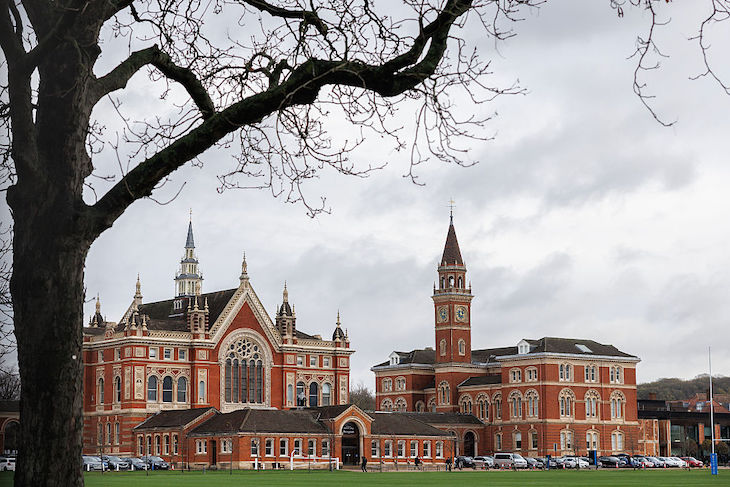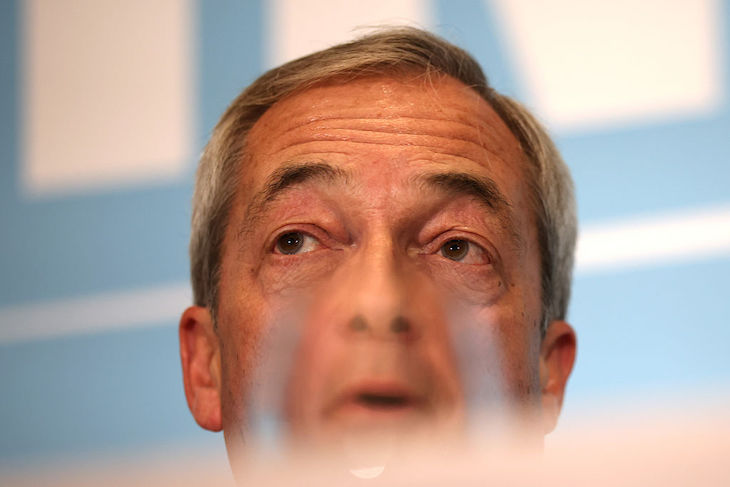The allegations concerning Nigel Farage’s conduct as a schoolboy have returned with unusual force, not because the country is suddenly preoccupied with the internal sociology of Dulwich College, but because Farage now leads a party that sits at the centre of the national debate. Any claim about his past, however old and recycled, is inevitably refracted through the lens of present politics. The BBC reports, the Guardian testimonies, and Farage’s own responses raise a set of questions that extend far beyond the details of adolescent behaviour. They touch on character, trust, political identity and the delicate task facing any new political movement seeking broad public legitimacy.
If Farage admits he might have said something offensive as a child, why can’t he just grow up and say sorry?
Reform UK occupies a curious space in contemporary politics. Its arguments on immigration, identity and national cohesion are not fringe. They resonate with a significant proportion of the electorate and often poll well beyond the party’s organisational maturity. Precisely because its appeal rests on the claim to represent ordinary, mainstream concerns, Reform has become a target for political opponents who aim to portray it as extreme, erratic or dangerous. For a relatively new party, without decades of institutional memory to fall back on, this dynamic creates a constant test: any ambiguity, any misstep, any unresolved question becomes ammunition. In that context, stories about Farage’s schooldays in the 1970s and early 1980s, however remote, become part of a wider struggle over the party’s public character, especially as the party is so intrinsically linked to him and his personality.

For Jewish voters in particular, the stakes are even sharper. Antisemitism is not an abstract theme in Britain’s political culture. The last decade has shown how quickly the question of anti-Jewish racism can erode trust in a political movement. Farage points to his own adult political life, arguing that he has done ‘more…to defeat extremism and far-right politics than anybody else in the UK’. His critics dispute that, but it remains the case that there is little in his later career that clearly demonstrates anti-Jewish sentiment. Even so, fear does not run on evidentiary grids. It arises from histories both personal and communal. When former schoolmates claim that he used Holocaust-themed slurs, those concerns are inevitably triggered. People who have lived through the corrosive effects of political antisemitism expect a direct, unequivocal answer. They do not necessarily require a spotless adolescence, but they do expect candour.
This is why Farage’s response has been scrutinised so closely. His insistence that he has ‘never directly racially abused anybody’ sits beside an admission that he may have said things at school that others found offensive. That distinction, built around the idea of ‘directness’, feels legalistic rather than clarifying. It attempts to draw a line between intention and impact, but it does so in a way that risks sounding evasive at the very moment when voters want steadiness and transparency. Likewise, the argument that opponents are motivated by politics may well be true in some cases, but it does not remove the need to address the underlying concern.
Above all, the suggestion that racist ideas may have appealed to him as an adolescent reinforces a particular anxiety that already exists among some voters. They worry that his present-day arguments about immigration, which many regard as legitimate questions of policy and national capacity, might instead be rooted in something darker. It is this recurring unease, rather than the specifics of events half a century old, that troubles parts of the electorate who are otherwise sympathetic to Reform’s platform.
Farage’s defence that the events were so long ago may appear reasonable to some. Times were different; humour was different; adolescent bravado often passed for wit. Many voters will accept that. Yet this particular case carries its own complication. The 1970s were nearer to the Holocaust than we are today. The memories were more recent. Survivors lived across British communities. The weight of what had happened was closer, heavier, and less easily dismissed as distant history. To joke about gas chambers in that period would not have been somehow more acceptable for the era; it would have been shocking even then. If such remarks were made, their age alone cannot neutralise their sting. That does not in itself prove the allegations, but it limits the persuasive power of the ‘different times’ defence.
At the same time, it is important to distinguish between adolescent cruelty and settled adult belief. Many of the testimonies speak of bullying and provocation. These traits, though unattractive, are not uncommon in teenage boys, nor in adult politicians. British politics has never been a sanctuary for gentle personalities. Voters do not require saintly temperaments; they require competence, clarity and trustworthiness. A bruising character is not disqualifying – some might reluctantly note it could even be a strength. But for a new party that must convince the public of its seriousness and integrity, the margin for ambiguity is narrow. Every unresolved question becomes part of a cumulative impression.
Reform UK can neither silence these stories nor dismiss them entirely. What it can do is recognise that, in politics, doubt is as potent as fact. For a party seeking the trust of voters who are cautious, curious or conflicted, that reality matters. If Farage admits he might have said something offensive as a child, why can’t he just grow up and say sorry?








Comments